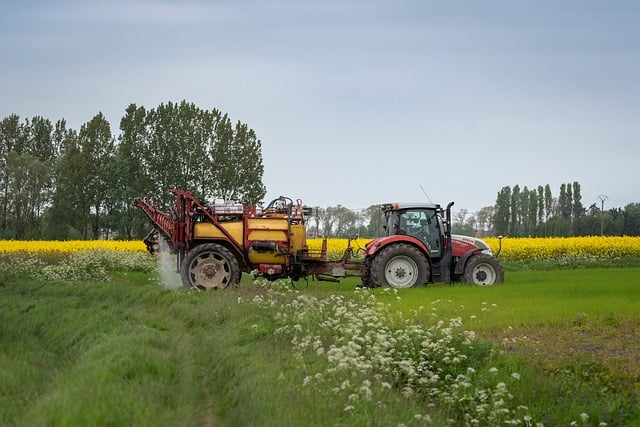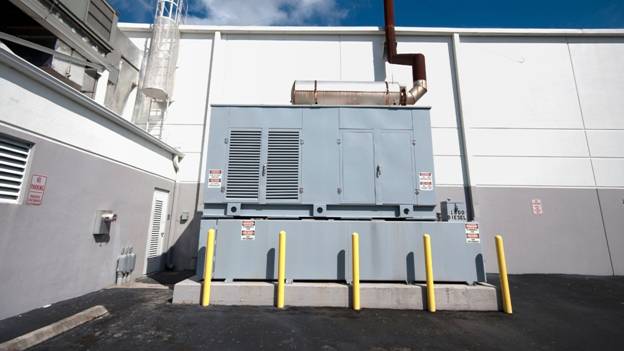Artificial intelligence has made significant advancements across industries, with weather forecasting standing out as an area of transformational innovation. Its ability to enhance safety measures and improve readiness for weather-related adversities highlights the societal benefits of AI-driven weather predictions.
Exploring the Realm of AI-Powered Weather Prediction
Utilizing machine learning algorithms and extensive datasets is essential for an AI weather forecast. This data includes historical weather trends, real-time updates, and satellite imagery. Through advanced modeling techniques, AI can forecast weather patterns with exceptional accuracy, surpassing traditional forecasting methods reliant on manual models and human judgment. The precision of AI predictions empowers communities to better prepare for challenging weather conditions.
Improving Emergency Response
In the face of extreme weather conditions, such as hurricanes or storms, emergency response teams play a vital role in ensuring public safety. Their ability to efficiently manage resources and coordinate efforts depends on access to accurate, up-to-date information. Modern AI technology enhances forecasting capabilities, enabling authorities to take proactive measures to protect lives and property. Thanks to AI advancements, communities can significantly improve disaster preparedness and risk reduction.
Enhancing Readiness in Agriculture
Agriculture is deeply reliant on weather conditions. Farmers often face challenges like droughts, floods, and unexpected frosts. AI weather prediction aids farmers by forecasting these events, allowing them to prepare in advance. For instance, farmers can irrigate fields before a dry spell or harvest crops early if severe weather is anticipated. These proactive measures help safeguard crops and ensure food security.
Assisting Disaster Relief Initiatives
During emergencies, such as natural disasters or humanitarian crises, disaster relief organizations depend on accurate information to deliver aid efficiently. AI-powered forecasting provides detailed insights into the scale and location of disasters, enabling relief teams to allocate resources effectively. Whether it’s distributing food supplies or providing medical assistance, AI-driven predictions streamline emergency response efforts, ensuring aid reaches those in need promptly.
Enhancing Infrastructure Resilience
The functionality of a community depends heavily on its infrastructure. Severe weather conditions pose significant risks to buildings, bridges, and roads. Engineers use AI-powered weather prediction tools to identify potential hazards in advance, allowing them to reinforce infrastructure as needed. This proactive approach minimizes damage and expedites recovery efforts after weather-related incidents.
Promoting Community Readiness
Effective weather safety relies on public awareness. AI-powered forecasting equips communities with timely and accurate data, enabling individuals to make informed decisions. With early warnings, people can safeguard their homes, stockpile emergency supplies, and plan evacuation routes. Informed communities can better address weather hazards, reduce risks, and prioritize safety.
Supporting Environmental Conservation
Weather events can have devastating effects on the environment. AI-driven predictions assist conservationists in preparing for conditions such as storms and droughts. This allows them to take measures like relocating wildlife or strengthening natural defenses. These efforts help preserve biodiversity and enhance ecosystems’ resilience to challenges posed by climate change.
Securing Financial Stability
Adverse weather can disrupt economies by affecting industries like tourism, agriculture, and energy. AI-driven weather forecasting helps businesses plan ahead and mitigate risks associated with weather-related disruptions. For example, energy suppliers can increase reserves in anticipation of a cold snap, while tourism operators can adjust itineraries to maintain customer satisfaction and revenue.
Advancing Air and Maritime Safety
AI weather forecasting is revolutionizing air and maritime safety by providing real-time, precise data on atmospheric and oceanic conditions. Airlines use AI-powered predictions to optimize flight paths, avoid turbulence, and reduce delays, ensuring passenger safety and operational efficiency. Similarly, shipping companies leverage AI-driven forecasts to plan routes that minimize exposure to severe weather, preventing accidents and safeguarding cargo. This enhanced situational awareness helps mitigate risks and ensures smoother, safer travel for people and goods alike.
Empowering Urban Planning and Climate Adaptation
Urban planners are increasingly relying on AI weather forecasting to design resilient cities. By predicting weather patterns and extreme events, such as heatwaves or heavy rainfall, planners can implement infrastructure projects that account for these challenges. AI insights help in constructing better drainage systems, designing heat-resistant buildings, and planning green spaces to mitigate urban heat islands. This forward-thinking approach not only reduces weather-related vulnerabilities but also supports long-term climate adaptation strategies for sustainable urban growth.
Conclusion
AI-powered weather forecasting has significantly enhanced safety measures by delivering timely and accurate predictions. This empowers communities to manage weather-related challenges efficiently across sectors such as emergency preparedness, agriculture, infrastructure, and environmental conservation. As technology continues to advance, AI-driven weather forecasting will play an increasingly crucial role in safeguarding our planet, supporting decision-makers, and addressing the ever-changing challenges posed by climate patterns.





